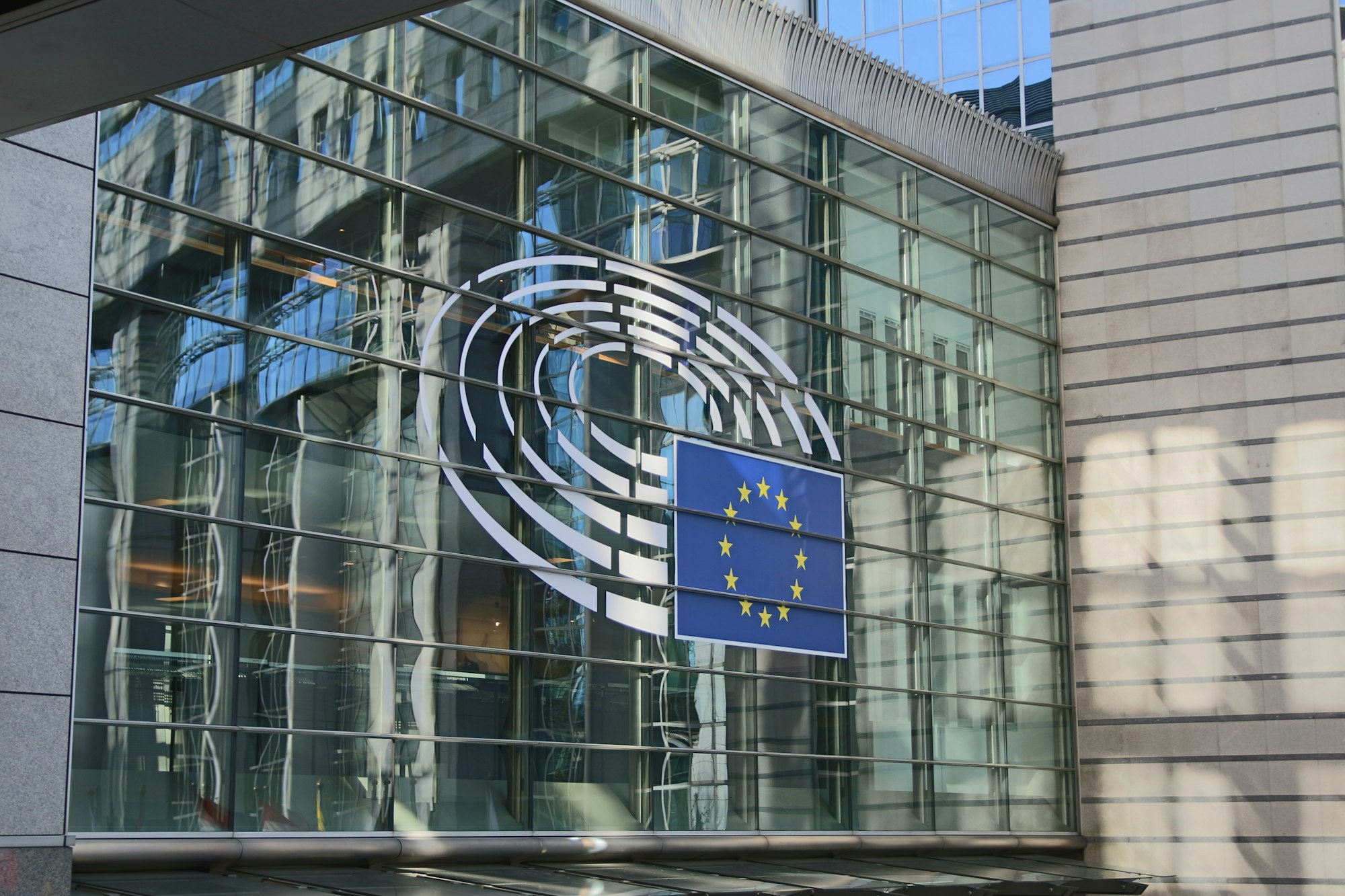View the Report for the European Union in the Oxford Compendium of National Legal Responses to Covid-19
The first cases of Covid-19 in Europe, involving individuals who had travelled from China, were reported in late January 2020. By late February 2020, the Italian health system was struggling to respond to the pandemic, and several more European Union (EU) Member States had reported cases. By late March 2020, all EU countries had reported cases. A year later, by early April 2021, EU countries had reported over 450,000 Covid-19 deaths, with Italy reporting over 110,000, and France over 97,000.
The EU itself (as opposed to its Member States) has limited competence in public health. There is no ‘EU health system’. All matters pertaining to health systems organisation and financing fall within Member State competence. Some aspects of public health regulation are harmonised at EU level, but in general the hallmark of EU action in the public health domain is coordination and persuasion. EU action flows from the principle of subsidiarity, according to which governance should take place at the lowest level commensurate with the issue concerned. As communicable diseases do not respect state boundaries, on the one hand this should mean that a pandemic response should be coordinated at EU level (or indeed at World Health Organisation (WHO) level). On the other hand, public health responses are also dependent on health system capacity, indicating that a subsidiarity-respecting EU pandemic response should take place at national or even sub-national level. In practice, responses to pandemics remain nationally driven, even among those EU Member States most committed to the European Union’s institutions.
The EU has been very active in response to Covid-19, especially using soft law mechanisms. In the EU’s self-assessment, it has also been effective, but it would probably be fairer to say that the EU’s record may be considered mixed. In the early phases of the pandemic, the governments of the EU Member States, in general, did not seek to coordinate their actions through the EU’s institutions. Initial humanitarian assistance to Italy, Spain, and France did not come from the EU. But some aspects of the EU’s response, such as its repatriation of EU citizens from Wuhan and joint procurement of Personal Protective Equipment (PPE) in February 2020, its vaccine rollout (and export of vaccines to elsewhere in the world) in February/March 2021, or the EU’s mutually recognised ‘digital certificate’ of vaccination/negative test/Covid-19 recovery applicable since 1 July 2021, suggest that the EU is an important site of Covid-19 governance for its 27 Member States and their citizens and residents.
